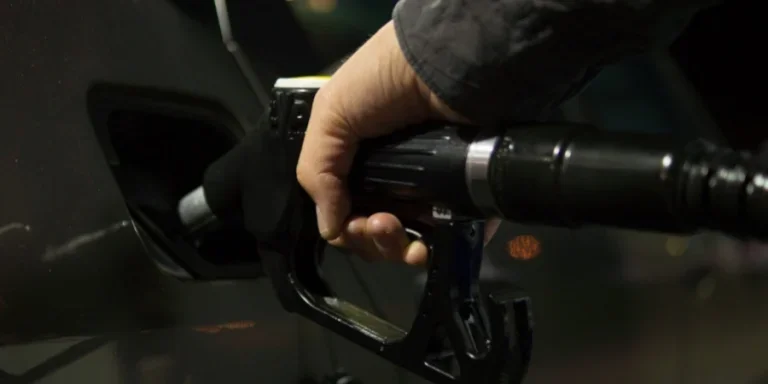Table of Contents
● Introduction
● Market overview
● Different types of injector nozzles and their features
● Things to consider when selecting injector nozzles
● Conclusion
Introduction
Injector nozzles play a key role in engines as they deliver fuel with precision to enhance combustion efficiency. Due to the increasing demands concerning fuel economy and emissions control, the need for advanced fuel injection systems has seen a significant rise. Injector nozzles enhance fuel efficiency and mitigate emissions in various vehicle models. With automobile manufacturers striving to meet regulations, selecting the appropriate injector nozzle is crucial to ensure top performance and compliance. This underscores the importance of injector nozzles in today’s engine technologies.
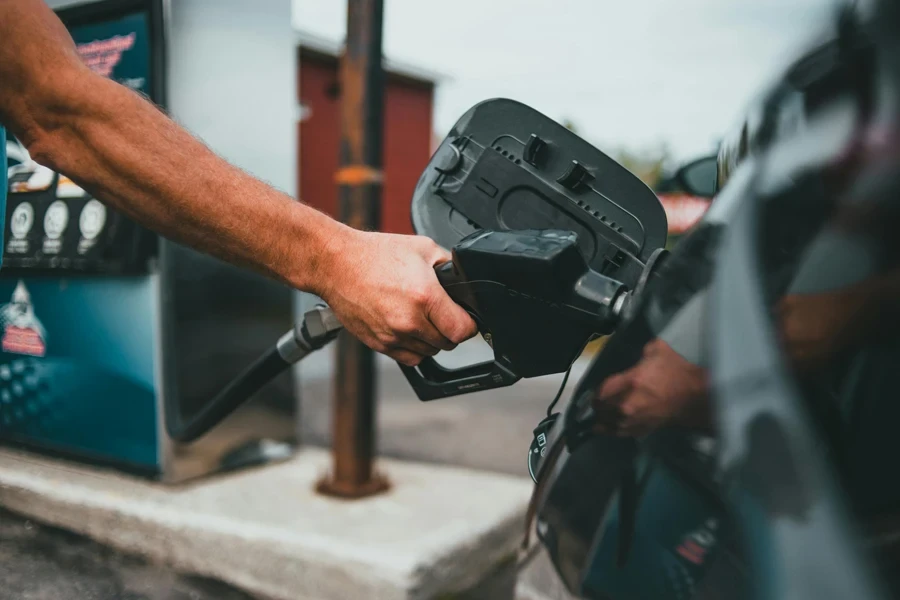
Market overview
In 2024, the worldwide market for injector nozzles had a value of $6 billion. It is rising and projected to hit $8.27 billion by 2028. A 6% growth rate fuels this increase as the market grows, thanks to a surge in demand for fuel-efficient and environmentally friendly vehicles, with global regulatory bodies imposing stricter emissions and fuel efficiency regulations. According to Market Data Forecast, key regions such as Asia Pacific (APAC) and North America drive this expansion. The Asia Pacific region gains advantages from its thriving automobile manufacturing sector with a focus on countries such as China and India, where urbanization and industrial advancement drive the production of vehicles significantly. North America, specifically led by the United States, stands as a key market owing to its automotive industry and increased emphasis on regulations concerning emissions control.
Prominent companies, like Bosch and Denso Corporation, are investing heavily in state-of-the-art fuel injection technologies to boost engine performance and lower emissions levels significantly. In the year 2021, Bosch unveiled innovative injector nozzle designs that enhance fuel atomization, resulting in a notable 15% enhancement in diesel engine fuel efficiency. Denso Corporation also noted a 12% decline in emissions thanks to their created precision nozzles. Diesel injector nozzles control the majority of the injector nozzle market worldwide since they make up more than 60% of the market share, mainly due to their application in heavy-duty vehicles and industrial equipment. However, the market is encountering difficulties with the rising trend toward electric cars (EVs) since they do not depend on fuel injector systems. This transition is predicted to hinder growth as EV sales escalate by 26% yearly in areas such as Europe.

Different types of injector nozzles and their features
The injector nozzles play an important role in the fuel injection system as they impact the efficiency and performance of the engine while also affecting emissions control. The design and function of these nozzles differ based on the engine type and fuel delivery needs. Understanding the types of injector nozzles and their characteristics is crucial for choosing one that is suitable for different uses.
Pintle-type nozzles
Pintle nozzles are frequently seen in diesel engines. It features a needle shaped like a pin for fuel atomization efficiency in vehicles like trucks and industrial machinery. Market Data Forecast highlights that these nozzles enhance diesel engine efficiency by improving fuel distribution. They also help prevent fuel clogging, making them well-suited for engines used in challenging environments. This specific nozzle design is popular because of its capability to manage high-pressure fuel injection systems often used in demanding applications.
Hole-type nozzles
Hole-type nozzles are designed to regulate fuel spray patterns precisely for better control over fuel atomization and flow rates. They are good for passenger vehicles like cars and small trucks, where precise fuel distribution is vital for optimizing combustion efficiency. The Cognitive Market Research report suggests that nozzles with multiple holes are extensively utilized in gasoline engines to lower emissions by fine-tuning the air-fuel mixture composition. This results in improved engine performance and reduced emissions.

Two-stage injection nozzles
Sophisticated two-stage injection nozzles are commonly employed in engines to enhance efficiency and fuel control precision by effectively managing the timing and quantity of fuel injected into the combustion chamber. Their implementation results in combustion regulation, reduced emissions, and increased fuel economy. As reported by Valuates Reports, modern diesel engines aiming to comply with emissions criteria increasingly embrace two-stage injection nozzles. These nozzles are effective in adjusting fuel injection at different stages of the combustion process, which makes them ideal for engines requiring precision and fuel efficiency, like the ones found in hybrid cars.
Different kinds of injector nozzles provide distinct benefits designed for specific types of engines and operational needs. Choosing the right one is essential for maximizing engine performance and controlling emissions effectively.
Things to consider when selecting injector nozzles
Several important factors come into play when choosing injector nozzles for an engine’s performance and durability. These include the nozzle suitability, the fuel used in the engine, the materials used in making the nozzle, the vehicle model it will be installed in, and the incorporation of cutting-edge advancements. Thoughtful evaluation of these factors helps achieve fuel economy, reduced emissions levels, and adherence to regulations.
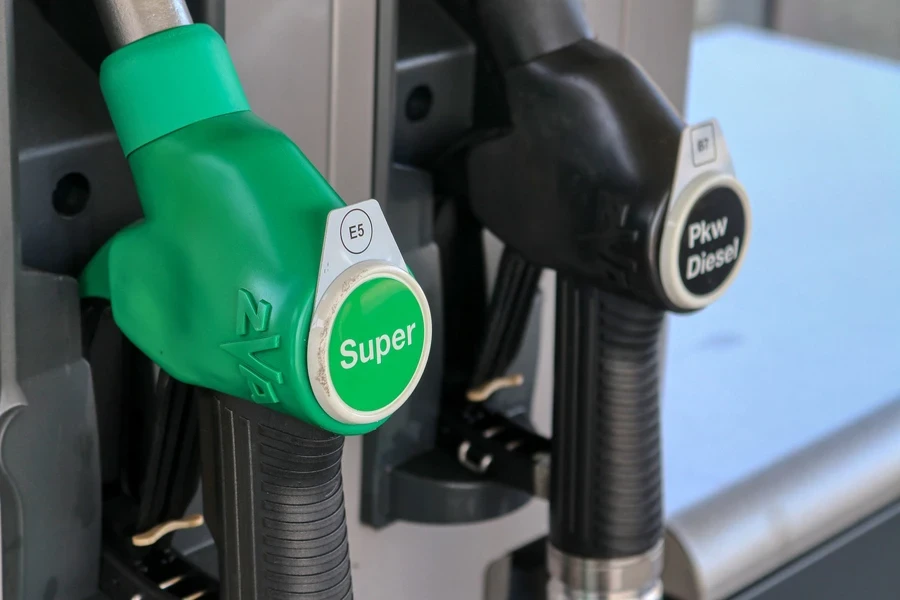
Fuel type compatibility
Fuel type for an engine is key when choosing an injector nozzle, be it gasoline or diesel. For instance, diesel injector nozzles are usually engineered to endure the increased pressure and wear commonly found in diesel fuel setups. Market Data Forecast reports that diesel injector nozzles hold a big market share owing to their usage in heavy-duty vehicles and industrial equipment. Gas pump nozzles are designed to atomize fuel and work well with low-pressure systems typically found in assenger cars.
Material composition
The kind of material utilized for making the injector nozzle plays a role in determining how long-lasting and resistant to corrosion it will be in use over time. Stainless steel and special alloys are commonly used due to their ability to withstand extreme engine conditions, including high temperatures and pressures. Bete emphasizes that choosing the appropriate material is crucial for ensuring the nozzle’s longevity, especially in environments where corrosion poses a threat. Nozzles crafted from sturdy materials generally provide consistent performance over time, which helps reduce maintenance expenses and boosts the engine’s reliability.
Vehicle application
Choosing the ideal injector nozzle depends heavily on the type of vehicle you’re dealing with. For example, passenger cars require nozzles that focus on fuel efficiency and smooth performance. On the other hand, commercial trucks and industrial machinery need nozzles that can handle extreme conditions and heavier loads. Valuates Reports suggest that commercial vehicles, like diesel systems, benefit from nozzles with durability and pressure capabilities. In contrast, passenger cars are leaning towards nozzles designed for technologies like gasoline injection (GDI) to improve fuel efficiency and emissions control.
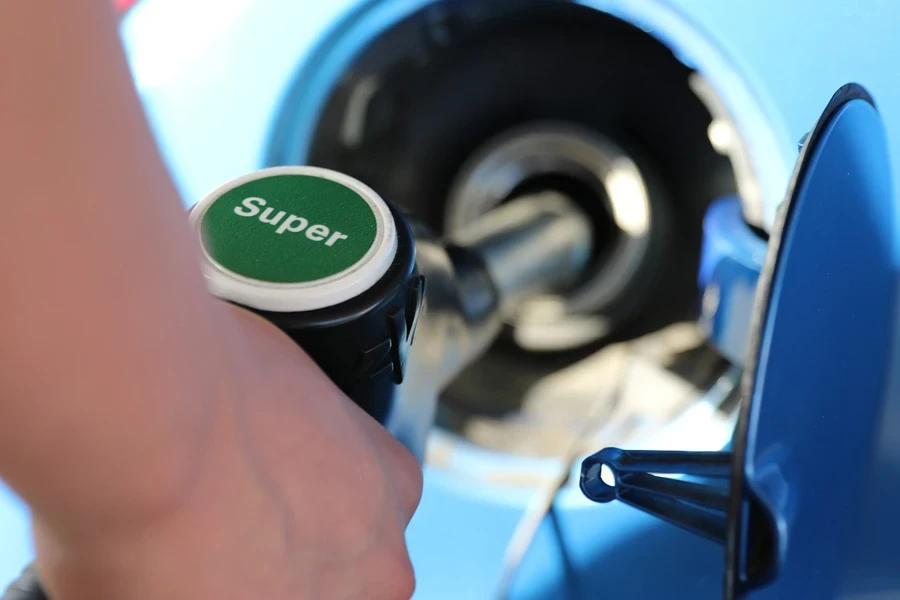
Technological features
The advancement of technology highlights the significance of choosing injector nozzles compatible with modern fuel injection systems. Gasoline direct injection (GDI) and diesel injection rely heavily on specialized nozzles to function optimally. A report by Cognitive Market Research indicates a growing need for nozzles tailored for GDI systems due to their ability to enhance fuel atomization, which consequently leads to engine efficiency and reduced emissions. This technological progress helps engines adhere to regulations while ensuring performance capabilities.
Environmental impact
Environmental regulations are becoming stricter in areas with high emissions standards. It is crucial to choose nozzles that comply with or surpass these regulations to reduce the impact of a vehicle on the environment. Nozzles that enhance combustion control can help decrease emissions and are vital in places like North America and Europe, where meeting environmental standards is a top priority. Market Data Forecast reports suggest that advanced injector nozzles that improve atomization and fuel delivery are essential for automakers worldwide as they strive to achieve emissions targets.
Conclusion
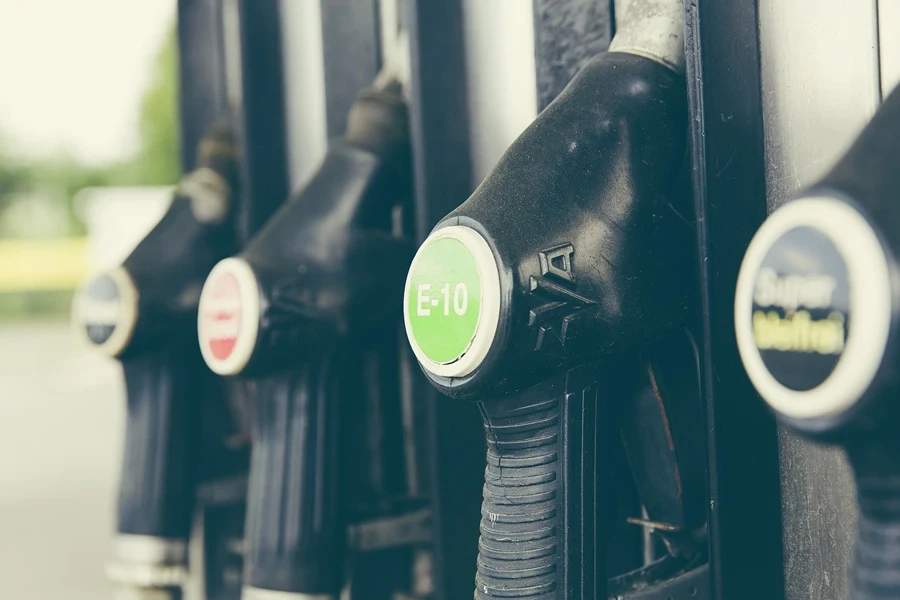
Injector nozzles play a big role in enhancing fuel efficiency and reducing engine emissions to meet standards effectively. Their intricate design controls fuel delivery for optimized combustion and smoother engine operation. Choosing the right injector nozzle is vital for industries as it can significantly impact the efficiency of a vehicle, aligning with fuel types, vehicle uses, and environmental needs. The evolution of injector nozzles with advancements like gasoline direct injection and direct injection promises improved performance and reduced vehicle emissions. In sectors like passenger cars and industrial equipment, selecting the right nozzle is crucial for ensuring sustained efficiency, reducing maintenance expenses, and complying with environmental rules.
